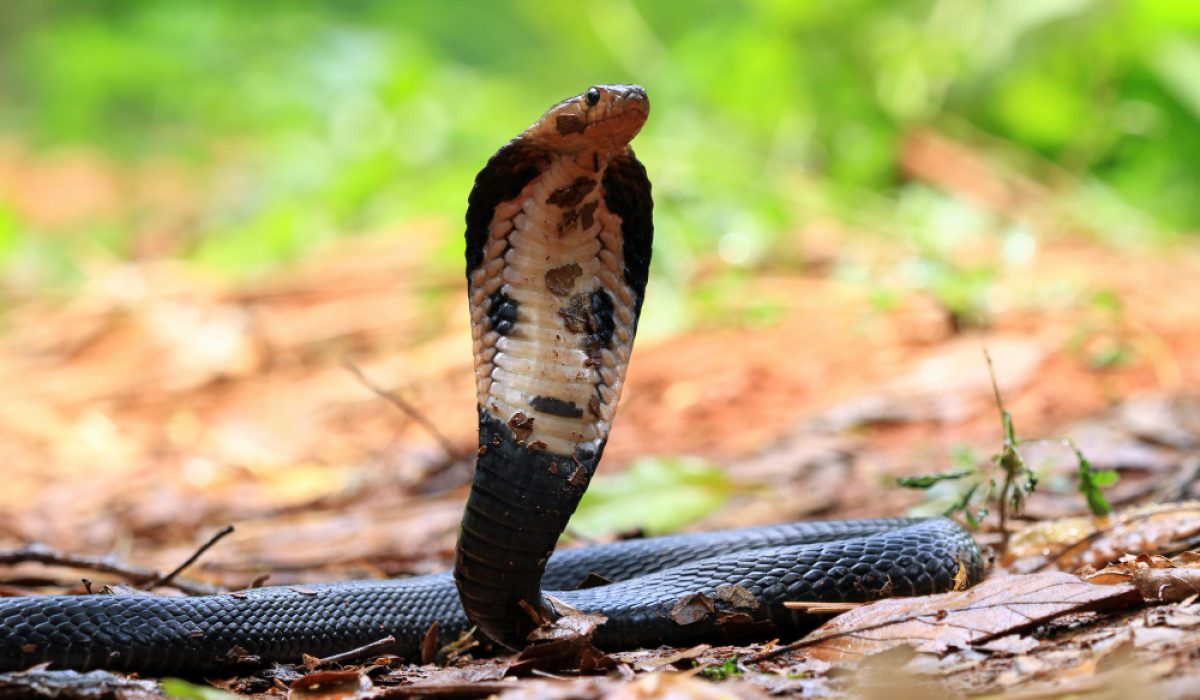What Happens After a Snake Bite?
Snake bites can be scary and dangerous. Right after a bite, venom may enter the body. This venom can harm your blood, nerves, or muscles. Because of this, antivenom treatment for snake bite is often needed. Quick action can save lives. According to the World Health Organization (WHO), thousands of people need emergency treatment for snake bite each year. So, knowing what to do is very important.
Recognizing Snake Bite Symptoms
It is important to spot snake bite symptoms early. Some symptoms appear within minutes, while others may take hours. For example, you may notice:
If you see any of these signs, seek help right away. Early symptoms can get worse quickly. Therefore, do not wait to see if you feel better.
Why Immediate Medical Attention Matters
Every minute counts after a snake bite. Even if you feel fine, venom can still harm your body. In many cases, only trained doctors can give the right emergency treatment for snake bite. Delaying care can lead to serious problems, such as organ failure or death. The Centers for Disease Control and Prevention (CDC) stresses the need for fast medical help. So, always go to the nearest hospital as soon as possible.
How Antivenom Treatment Works
Antivenom is a special medicine made to fight snake venom. It works by blocking the harmful effects of the venom in your body. Doctors give antivenom through a vein, usually in the hospital. This treatment can stop the spread of venom and help you recover faster. However, antivenom works best when given early. According to medical journals, antivenom treatment for snake bite can save lives if started quickly. So, do not delay seeking care.
Steps in Emergency Medicine for Snake Bites
Doctors and nurses follow clear steps to treat snake bites. Here is what usually happens:
Doctors may also treat pain, swelling, or infection. In some cases, you may need more than one dose of antivenom. Because every bite is different, doctors will choose the best plan for you.
Risks and Side Effects of Antivenom
While antivenom saves lives, it can have side effects. Most people do well, but some may react to the medicine. For instance, you might notice:
Doctors watch you closely during and after treatment. If you have a reaction, they will give medicine to help. Still, the benefits of antivenom usually outweigh the risks. The CDC and WHO agree that antivenom is the best way to treat serious snake bites.
Prevention and First Aid Tips
Although antivenom treatment for snake bite is effective, it is better to prevent bites. Here are some tips to stay safe:
If a snake bites you or someone else, follow these first aid steps:
Quick and proper first aid can help until you get medical care. However, only antivenom can stop the effects of venom.
If you or someone you know is bitten by a snake, seek emergency medical help immediately for the best outcome.
